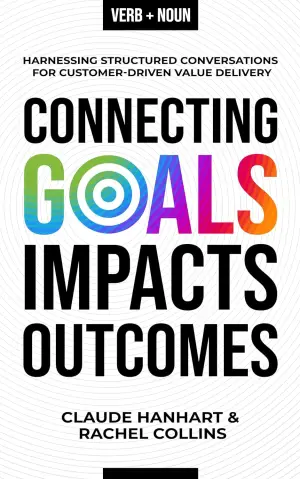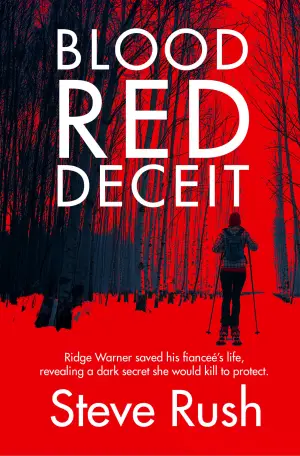I recently finished reading The DBT Skills Workbook for Teens and felt compelled to share my thoughts on this valuable resource. As someone who loves self-help and psychology books, the premise of this workbook—using Dialectical Behavior Therapy (DBT) to empower teens—immediately caught my attention. With over 100,000 copies sold and the added bonus of downloadable worksheets and an interactive audiobook, this book promised a comprehensive approach to equipping teenagers with essential life skills.
The DBT Skills Workbook for Teens claims to help adolescents learn critical skills like coping with stress, managing emotions, and navigating relationships—all pivotal areas for today’s teens who face unprecedented challenges. I was eager to see if the engaging, gamified format really resonated with its target audience.
Reading through the workbook, I appreciated the thoughtful structure. The content is divided into four themed quests, each dedicated to one of the four core skills of DBT. This engaging approach not only simplifies complex concepts but also motivates teens to progress through the material, which I found echoed in a review by amikey73, who noted, "Lot’s of good ideas to engage preteens and teens.” The incorporation of a game theme keeps the workbook lively and encourages continuous effort, helping users tackle each section step by step.
Another highlight is the practical application of the skills introduced. The exercises are straightforward, allowing teens to develop mindfulness and emotional regulation through practices like "Breathflix" and "Radical Acceptance.” These techniques feel very actionable, and I could see how they would help build confidence in young adults. Ashley Allen’s review aptly sums it up: “Great book great format really helps teach DBT skills to teens.”
However, despite its strengths, the workbook is not without its drawbacks. A recurring theme among some reviewers is its limited appeal for older teens. Ericka G noted that while it works best for middle to early high school students, it might not resonate as strongly with older adolescents. This sentiment rings true given the language and themes presented in the book, which can sometimes feel juvenile, making it less relatable for mature teens. This was echoed by a reviewer who found that the language used wasn’t engaging enough for her daughter, reflecting the challenge of creating a product that fits all age ranges.
Another minor drawback was the visuals within the workbook. Some reviewers expressed that they would have preferred color illustrations, while others felt the colorful presentation was spot on. Personally, I found the layout effective, though I can appreciate why a more vibrant design might appeal to a younger audience.
That said, the workbook’s bonus elements added significant value. The downloadable worksheets are handy not just for personal use, but also for group settings or family activities. Additionally, the interactive audiobook component offers an alternative medium for learning, often beneficial for auditory learners.
In conclusion, The DBT Skills Workbook for Teens is an incredibly supportive resource for adolescents navigating the tumultuous waters of teenage life. With effective strategies for coping with stress, balancing emotions, and improving interpersonal skills, the workbook genuinely aims to foster resilience. I would recommend it, particularly for those in the early high school years or younger. If you’re looking for a structured, positive way to introduce your teen to essential DBT skills, this workbook is certainly worth considering. It’s engaging, informative, and holds the potential to make a noteworthy impact on a teen’s life, even if it may not suit older teens as effectively. Overall, I’d rate it a solid 4.5 stars.








